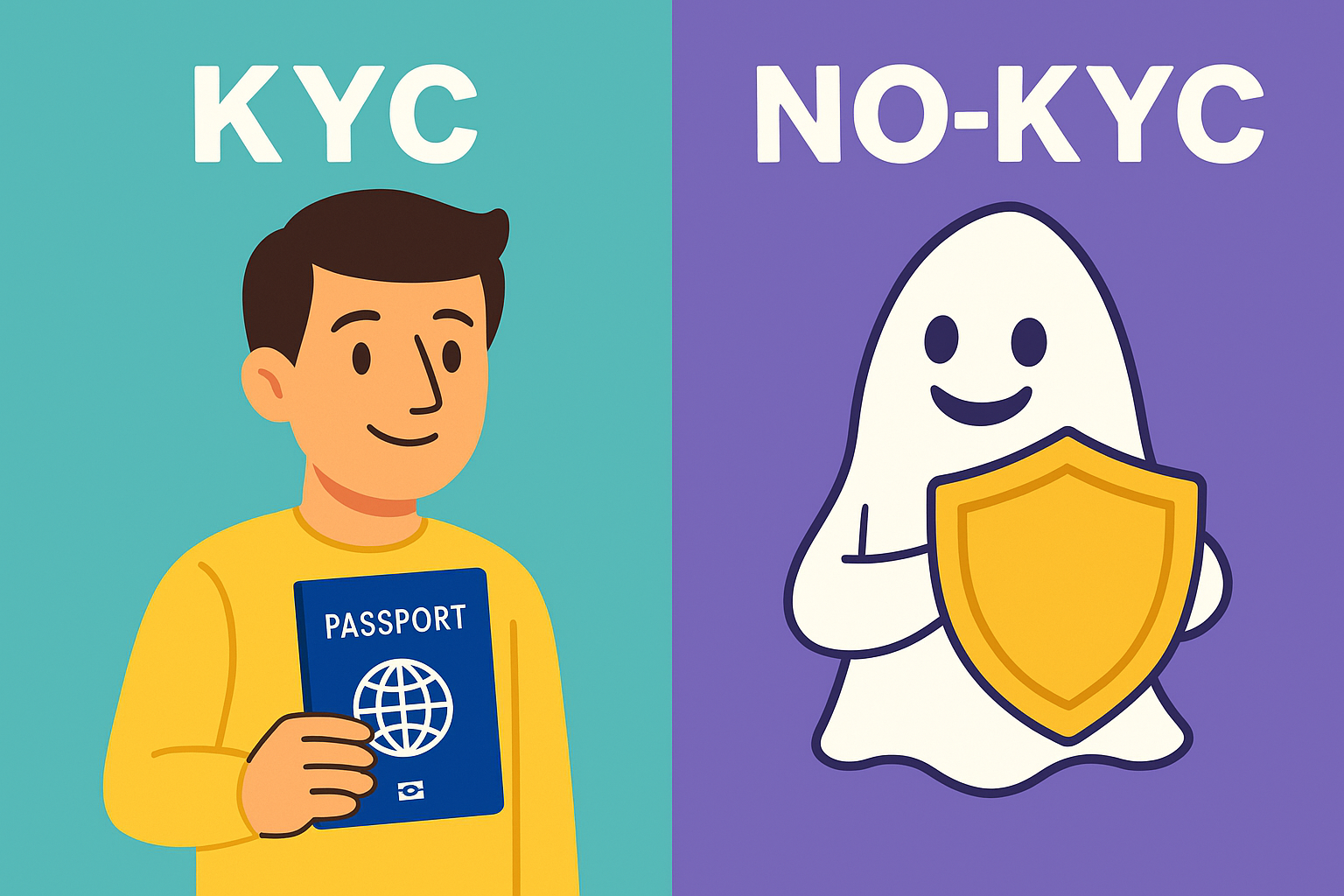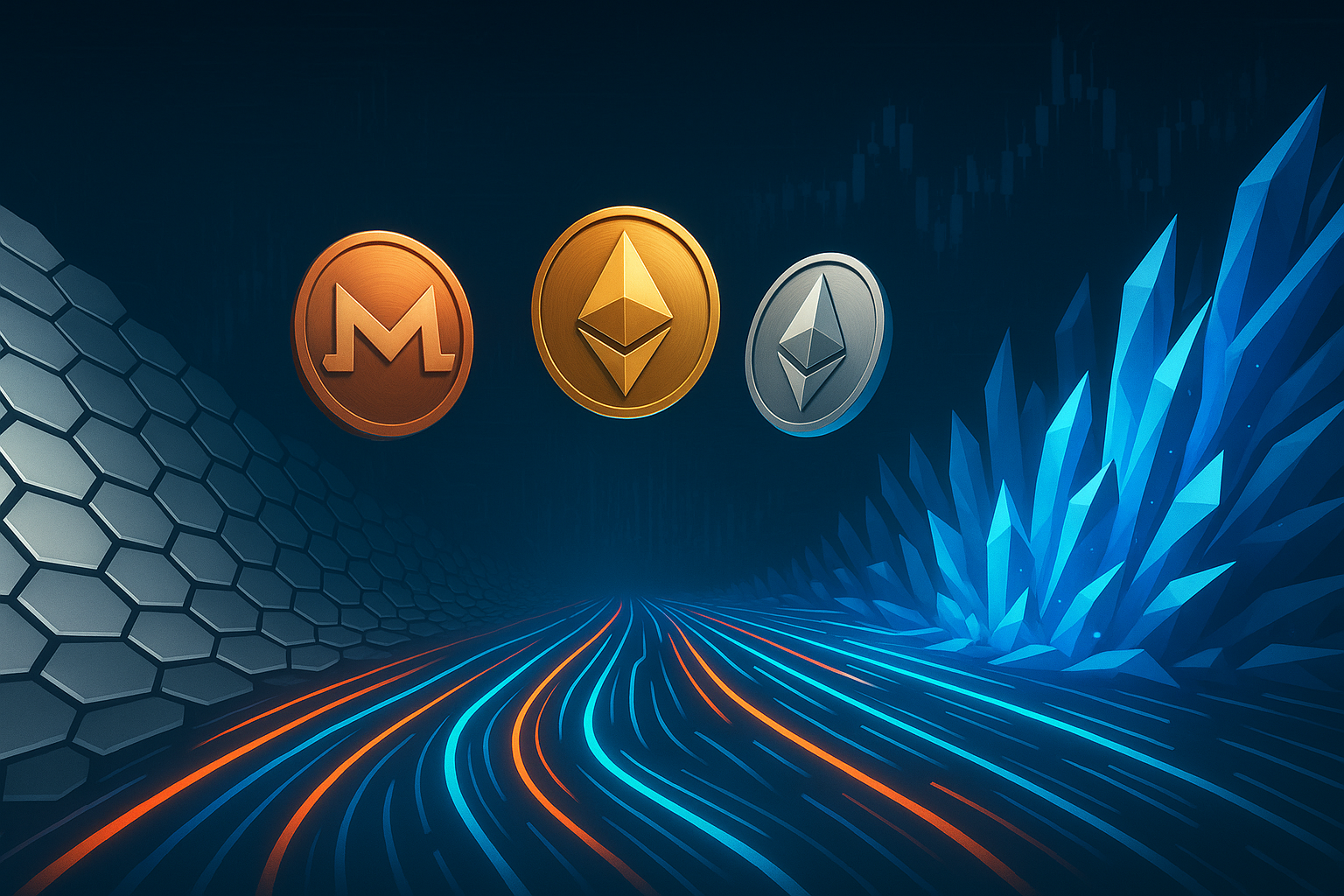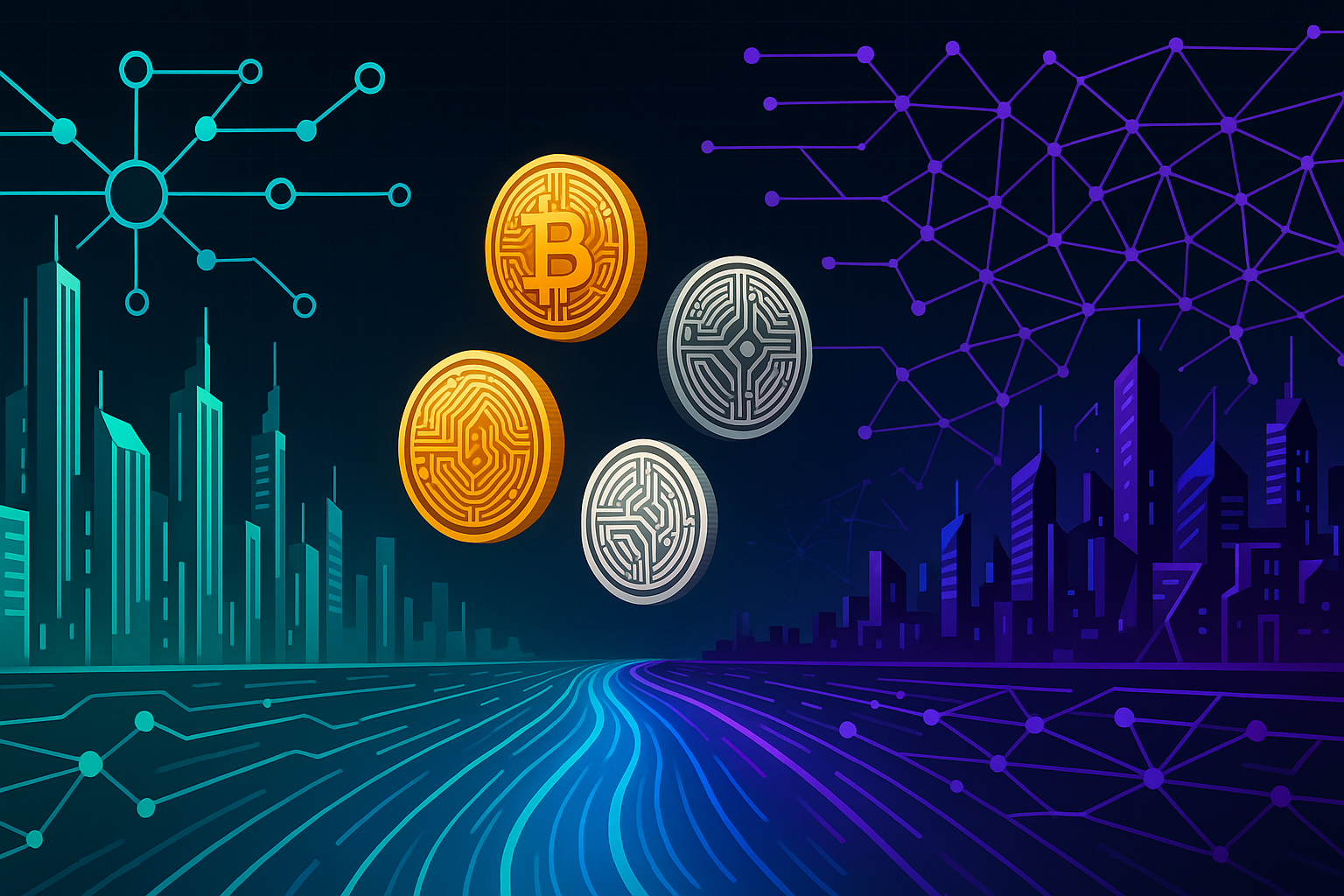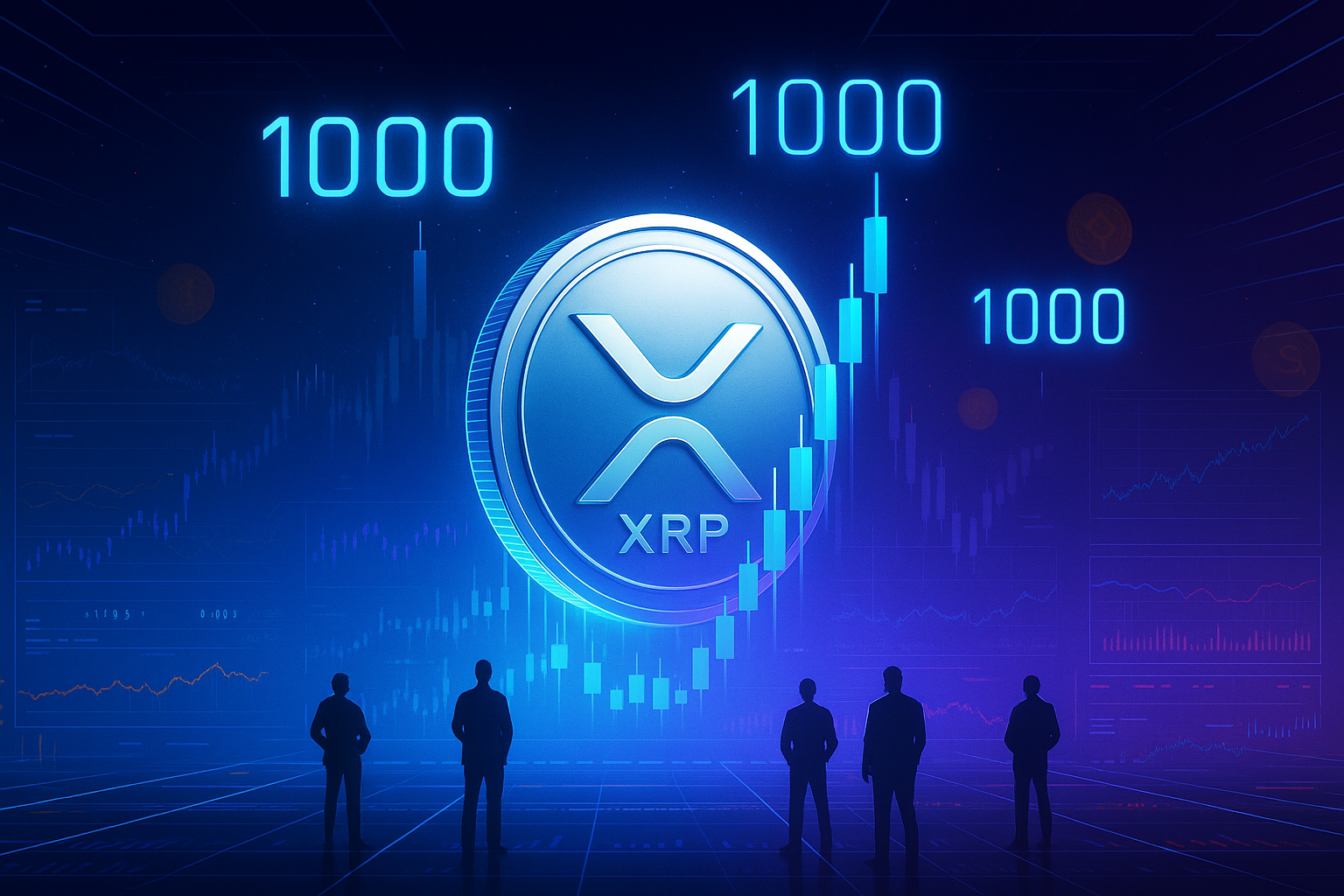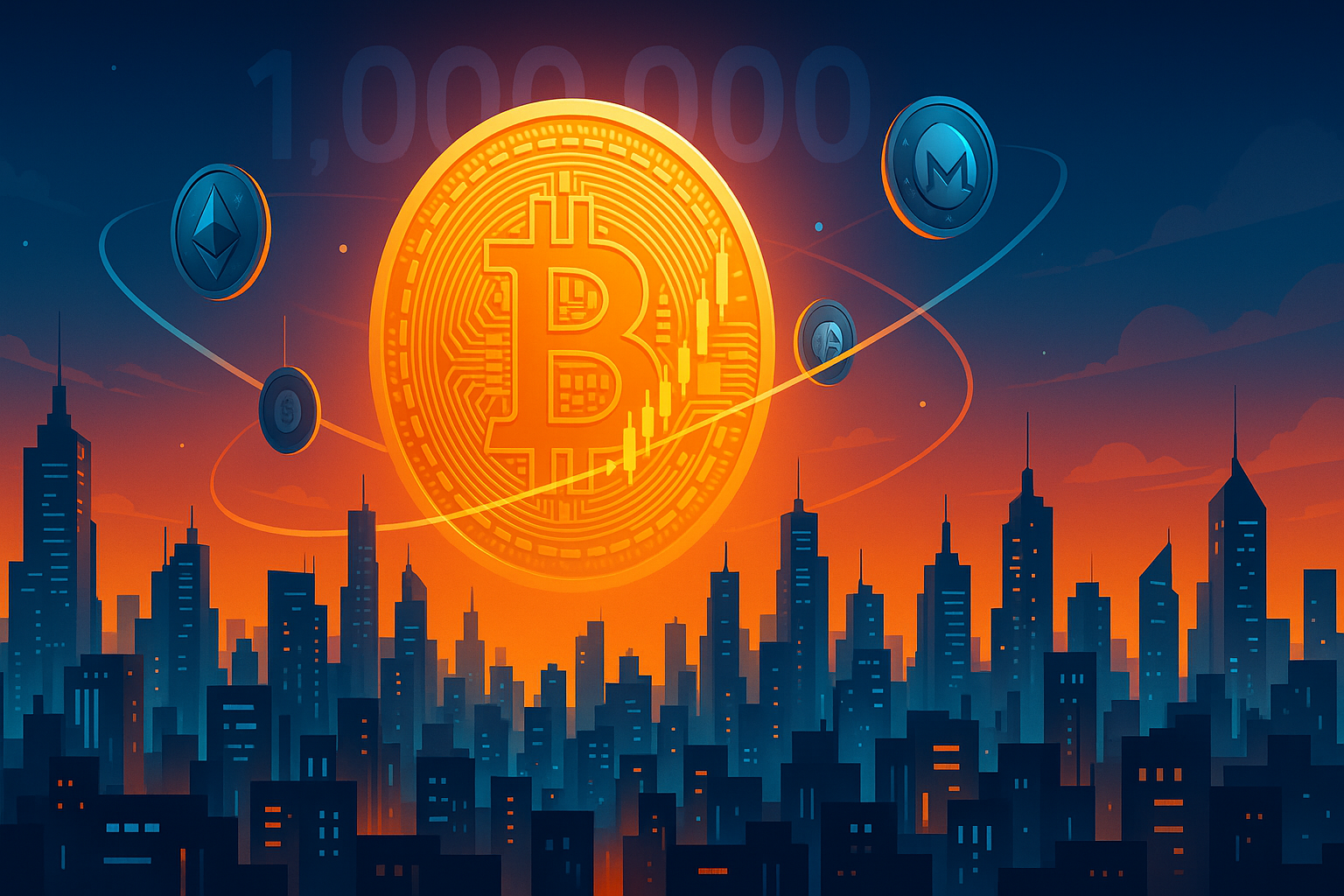1. The Privacy–Compliance Tug-of-War
Crypto was born as a peer-to-peer, censorship-resistant network, yet regulatory pressure keeps rising. In 2025 the European MiCA framework and the global FATF Travel Rule expanded identification requirements to more venues, including self-hosted wallets and DeFi front-ends.
For many traders this creates a dilemma: comply and surrender personal data, or seek alternatives that preserve anonymity.
2. What Is KYC and Why Do Exchanges Require It?
KYC (Know Your Customer) means collecting and verifying a user’s identity documents, proof of address, and sometimes live selfies before granting trading access. The stated goals are:
- Anti-money-laundering (AML) & counter-terrorism financing (CTF).
- Sanctions & tax reporting compliance (e.g., IRS 1099 forms in the US).
- Charge-back & fraud mitigation.
Regulators now threaten penalties or gray-listing for VASPs that skip these checks.
Hidden Costs of KYC for Users
| Pain Point | Why It Matters |
|---|---|
| Loss of privacy | Exchanges store passport scans—prime targets for hackers. |
| Long onboarding | ID verification can take hours or days, missing market moves. |
| Geo-blocking & discrimination | Users in sanctioned or high-risk regions are often rejected. |
| Data-sharing obligations | Travel-Rule messaging transmits sender/receiver info with every transfer. |
3. No-KYC Exchanges Explained
A no-KYC exchange lets you swap crypto by supplying only the wallet addresses involved in the transaction—no account, no documents. Because they are non-custodial and don’t touch fiat, they can legally operate in many jurisdictions without verifying identity (though this may evolve).
GhostSwap follows this model: you connect a wallet, pick any of 300+ pairs, and receive the swapped asset in minutes—without creating an account or exposing personal data.
Benefits Highlighted by Traders
Recent comparison lists cite privacy, speed, and convenience as the main reasons users prefer no-KYC venues.nftevening.com
- True anonymity. No passport scan equals zero risk of identity leaks.
- Instant access. Trades settle as fast as the network itself.
- Global inclusion. Anyone with internet and a wallet can join—no bank needed.
- Reduced attack surface. Less stored user data means smaller honeypots for hackers.
4. Key Risks & How to Mitigate Them
| Risk | Mitigation |
|---|---|
| Phishing & impostor sites | Verify the domain (ghostswap.io) and enable browser phishing protection. |
| On-chain deanonymization | Use privacy coins (e.g., XMR) or mixing tools; connect via VPN/Tor. |
| Tax obligations | Keep self-custody records; export CSVs from block explorers. |
| Changing laws | Monitor your jurisdiction—rules can shift quickly. |
5. KYC vs No-KYC: A Head-to-Head Snapshot
| Feature | KYC CEX (e.g., Coinbase) | No-KYC Swap (GhostSwap) |
|---|---|---|
| Identity docs required | Yes | No |
| Onboarding speed | Hours to days | Seconds |
| Withdrawal limits | Often tiered | Network fees only |
| Privacy level | Low | High |
| Fiat gateways | Yes | No (crypto-to-crypto only) |
| Regulatory certainty | High today | Varies by region |
6. Choosing the Right Exchange in 2025
- Define your priorities. If you need fiat ramps or institutional custody, KYC may be unavoidable; if privacy and speed trump all, no-KYC wins.
- Assess legal risk. MiCA now covers EU residents even on foreign platforms—stay informed.cincodias.elpais.com
- Inspect security track record. Check bug-bounty programs, smart-contract audits, and uptime metrics.
- Compare fees transparently. GhostSwap shows the exact network fee and its spread before you click “Swap,” so there are no hidden charges.
- Stay self-custodial. Whether you pick a KYC or no-KYC route, controlling your private keys is the best defense against exchange hacks.
7. Final Thoughts
Regulations will keep tightening, but privacy remains a fundamental right—and a powerful differentiator in the crypto world. No-KYC platforms such as GhostSwap give traders the ability to move value quickly and discreetly, without surrendering personal data to centralized databases. By understanding the trade-offs between KYC and no-KYC exchanges, you can choose the option that best aligns with your risk tolerance, jurisdiction, and philosophical stance on financial sovereignty.
